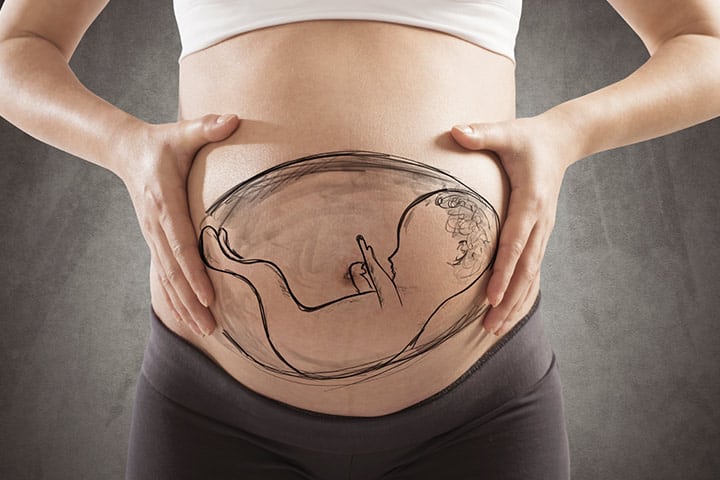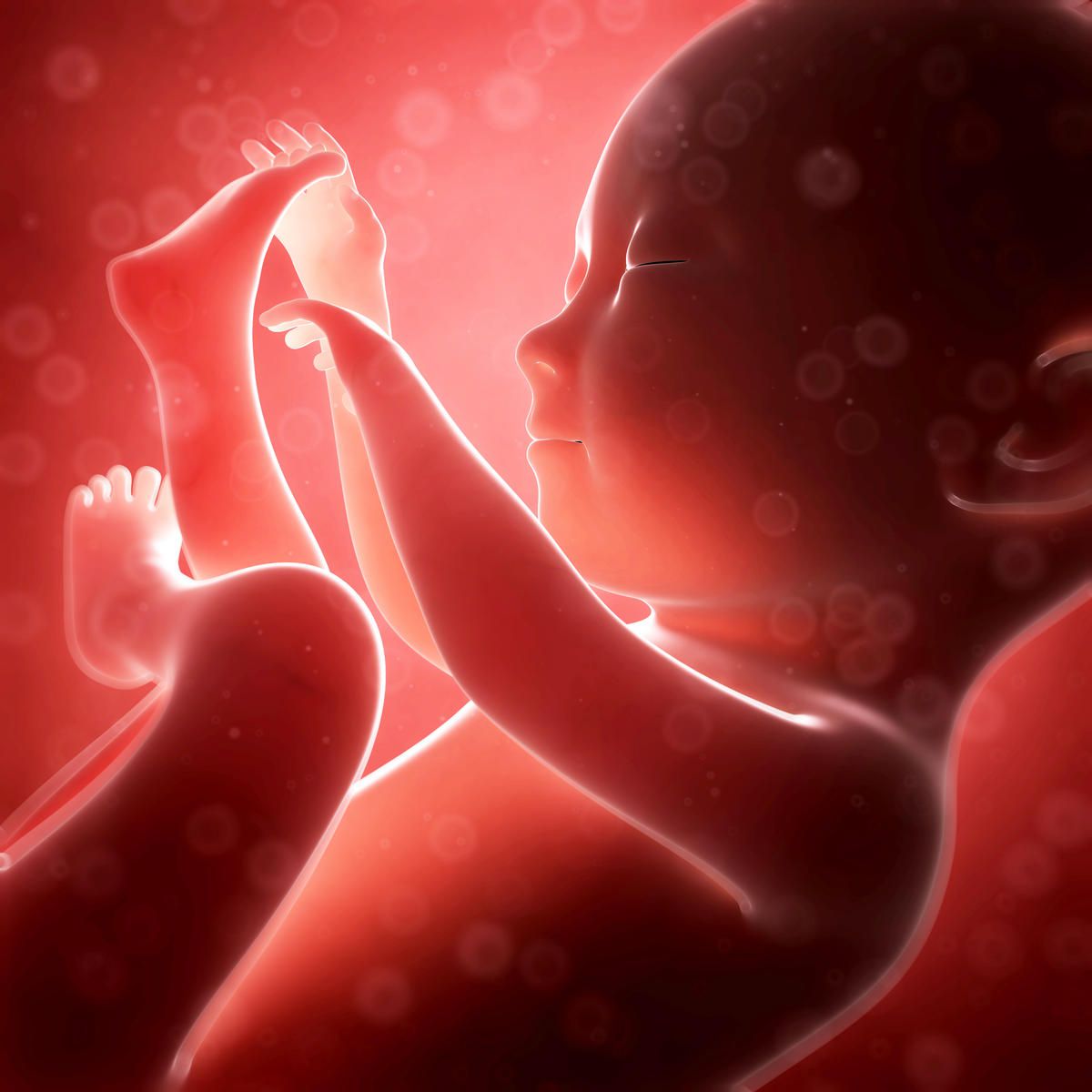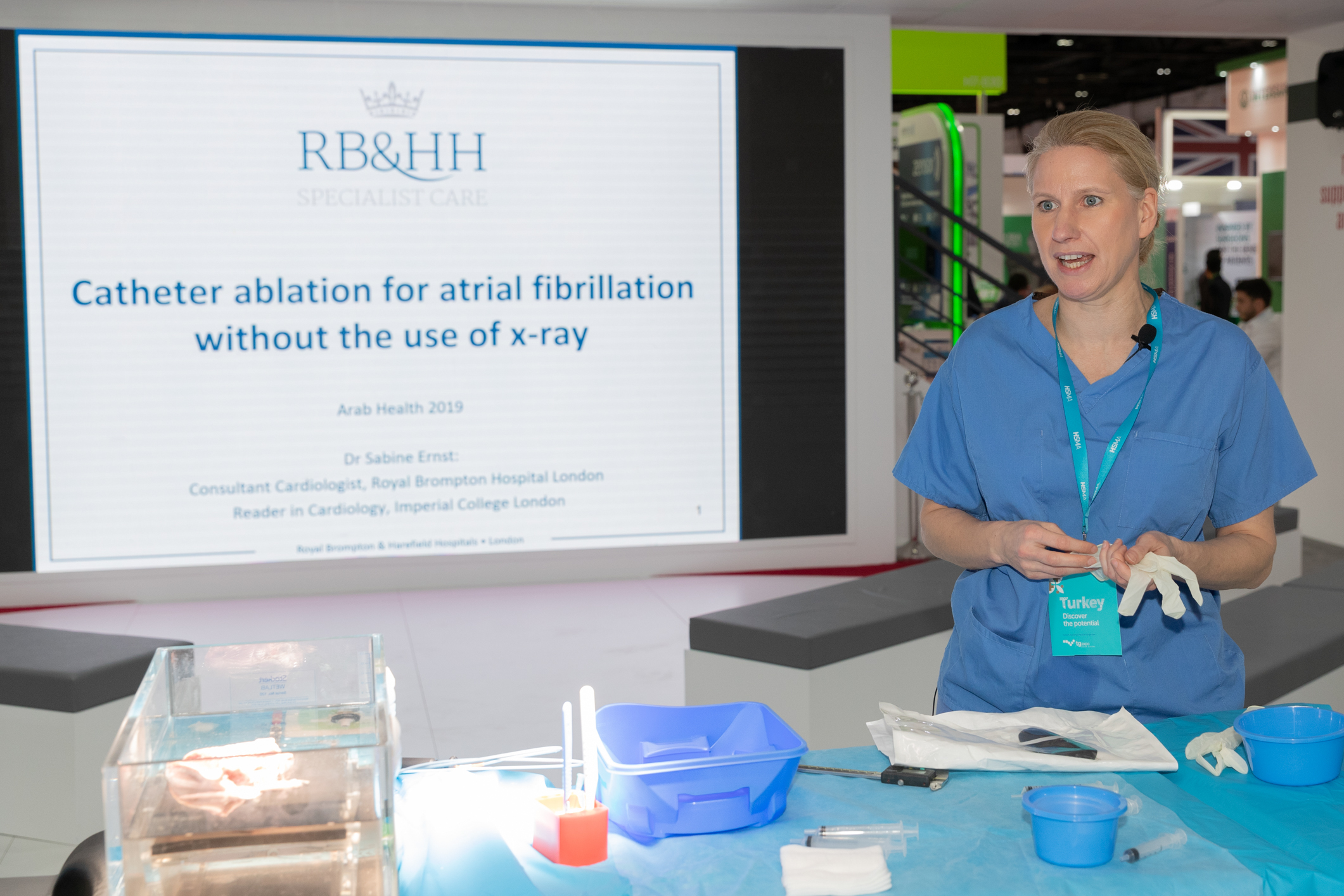New research on increasing women's fertility

New research on increasing women's fertility
New research on increasing women's fertility
A woman's fertility tends to decline starting in her mid-30s, which can make it more difficult to have children in middle age. A team of scientists recently discovered a mechanism that appears to speed up the aging of the ovaries, and they have discovered a way, at least in mice so far, to slow it down to boost fertility later in life, according to New Atlas, citing the journal Nature Aging.
Disadvantages of artificial insemination
No organs age at the same rate, and unfortunately the ovaries are one of the organs to suffer this phenomenon the fastest, but scientists aren't entirely sure why. Starting around age 35, the ovaries age faster, resulting in decreased egg quality and success in pregnancy. Many patients resort to artificial insemination, but it is a method that may be expensive and brings new risks.
CD38 gene
In the new study, scientists at Zhengzhou University in China investigated the biological mechanisms that could be behind this decline. They analyzed gene expression patterns in young mice, about two months old, and middle-aged mice, about eight months old, in the ovaries and other organs.
The researchers discovered that in older mice, expression of a gene called CD38 increased, especially in the ovaries. This wasn't entirely surprising, as CD38 is a well-known biomarker of aging, because it produces an enzyme that breaks down a protein called NAD+, which was later found at much lower levels in elderly mice.
Quality of cells and eggs
NAD protein, and its oxidized form NAD+, regulates cell metabolism and DNA repair, and naturally declines with age. Higher levels have been associated with longer lifespan and better health as one ages, so it has become the focus of modern anti-aging research, with some promising results. It now appears that this common cause is also the cause of age-related declines in fertility.
“This depletion of [NAD+] represents a series of adverse effects, especially affecting the quality of both somatic cells and eggs, thus exerting a profound impact on female fertility,” said Qingling Yang, a researcher on the new study.
Research on mice
In follow-up experiments, the team deleted the CD38 gene in older mice – and sure enough, the results were more, higher-quality eggs. The researchers then began experiments to see if a similar effect could be achieved without genetic engineering, to make it a more feasible fertility treatment.
clinical trials
In addition, the researchers turned to a molecule called 78c, which inhibits CD38, and was given it to eight-month-old laboratory mice naturally. Sure enough, NAD+ levels increased in the ovaries, and the mice were able to give birth to more.
Clinical trials are currently being conducted to see if boosting NAD+ levels in women undergoing assisted reproductive treatments can improve success rates and reduce the risk of birth defects.






